サン・シモン『新キリスト教』あらすじと感想~教会への鋭い批判と理想世界の構築を説くサン・シモンの絶筆
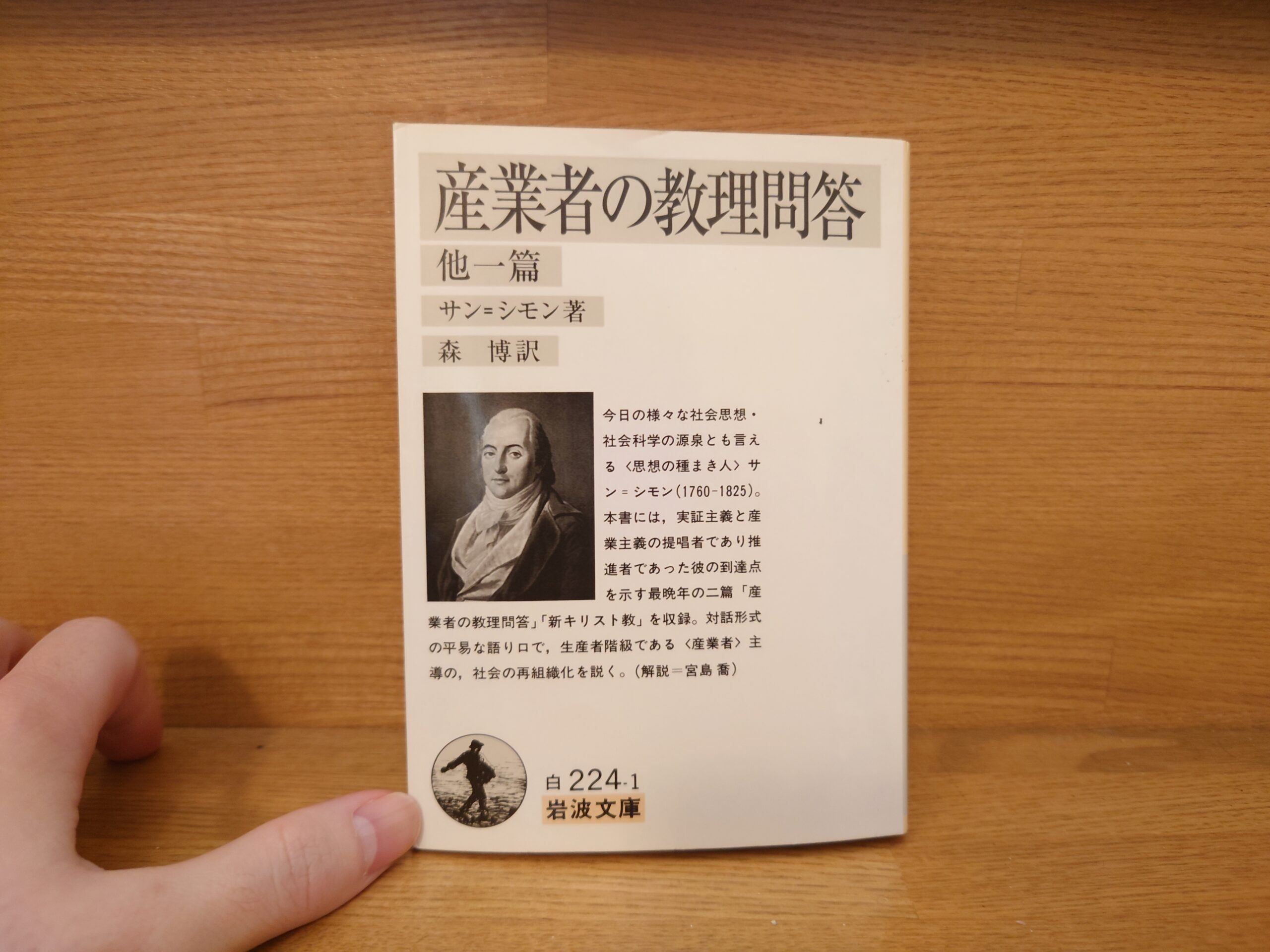
サン・シモン『新キリスト教』概要と感想~教会への鋭い批判と理想世界の構築を説くサン・シモンの絶筆
今回ご紹介するのは1825年にサン・シモンによって発表された『新キリスト教』です。私が読んだのは2001年に岩波書店より発行された森博訳の『産業者の教理問答 他一篇』所収の『新キリスト教』です。
早速この本について見ていきましょう。
今日の様々な社会思想・社会科学の源泉とも言える〈思想の種まき人〉サン=シモン(1760-1825)。本書には、実証主義と産業主義の提唱者であり推進者であった彼の到達点示す最晩年の二篇「産業者の教理問答」「新キリスト教」を収録。対話形式の平易な語り口で、生産者階級である〈産業者〉主導の、社会の再組織化を説く。
岩波書店、サン=シモン、森博訳『産業者の教理問答』表紙より
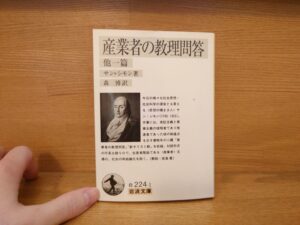
前回の記事「サン・シモン『産業者の教理問答』概要と感想~空想主義的社会主義者の一人サン・シモンの主著」でもお話ししましたが、本編に入る前に改めてサン・シモンその人について見ていきます。
クロード=アンリ・ド・ルーヴロワ、コント・ド・サン=シモン(Claude-Henri de Rourvroy, Conte de Saint-Simon)は、一七六〇年一〇月一七日、パリに生まれ、一八ニ五年五月一九日、同じくパリに没した。
かれの生きた六五年間は、アメリカの独立革命、かのフランスの大革命、ナポレオンのヨーロッパ大陸支配、イギリスにおける産業革命後の最初の恐慌、そして「ピータールーの虐殺」と、近代的社会関係を生み出す世界史的な出来事が息つく暇もなく生じた激動の時代であった。ホブズボームのいう「二重革命」が進行していく時代である。
サン=シモンはアメリカ独立戦争への従軍を皮切りに、フランス革命には国有財産投機など、時代の問題への個人としての特異な関わり方をしたものの、ドーヴァー海峡の彼方の社会にも強い関心を払うなど(例えば右の「ピータールーの虐殺」への批判的言及もある)、この時代を直接的に生きた。かれの思想理解のためには重要な点である。
岩波書店、サン=シモン、森博訳『産業者の教理問答 他一篇』P338
※一部改行しました
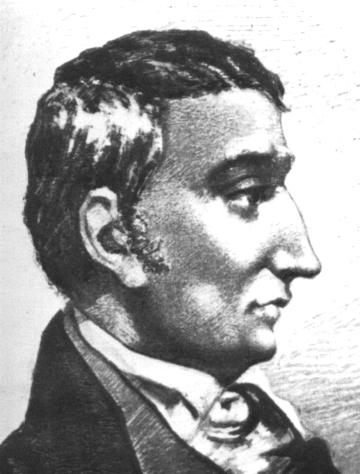
サン・シモンは由緒ある貴族の子として生まれ、啓蒙主義思想教育を受け育った人物です。
そして上の解説にありますように、アメリカ独立戦争、フランス革命、ナポレオン戦争などなど、激動の時代を生きた人物になります。
そんなサン・シモンの絶筆となった作品が今回ご紹介する『新キリスト教』なのでした。
サン・シモンはこの記事のタイトルにありますように、この作品で教会への鋭い批判と理想世界の構築を訴えます。
そしてそれはこの作品の冒頭からすでにエンジン全開で語られていきます。サン・シモンは「革新者」の口を借りて問答形式でこの作品を展開していきます。少し長くなりますが見ていきましょう。
保守主義者 あなたは神を信じているか。
革新者 さよう、私は神を信じている。
保 あなたはキリスト教が神に由来するものだと信じるか。
革 さよう、私はそう信じている。
保 キリスト教が神に由来するものだとすれば、キリスト教は改良などまったくできない。それなのに、あなたはあなたの著作でもって芸術家や産業者や科学者を唆し、この宗教を改良させようとしている。それゆえ、あなたの意見とあなたの信仰とは喰い違っているから、あなたは自己矛盾におちいる。
革 あなたが私の意見と私の信仰との間に見出したと信じている喰い違いは、見かけ上のものにすぎない。神がみずから言ったことと、僧侶が神の名において言ったこととは、区別しなければならない。
神の言ったことは確かに改良できるものではないが、しかし僧侶が神の名において言ったことは、人間の他のすべての知識と同じように、改良を加えることのできる一つの知識をなしている。神学の理論は、物理学や化学や生理学などの理論と同じように、ある時期には変革して一新される必要がある。
保 キリスト教のどの部分をあなたは神に由来するものと考えているのか。また、どの部分をあなたは人間がつくったものだと考えているのか。
革 神は言った、「人間は互いに兄弟として振舞うべし人間は互いに兄弟として振舞うべし」と。この崇高な原理に、キリスト教における神に由来する一切のものが含まれている。
保 え!キリスト教のうちで神に由来しているものを、あなたはただ一つの原理に還元してしまうのか?
革 神は必ず一切のものをただ一つの原理に結びつけた。また、神は一切のものを必ずこの原理から導き出した。そうでなかったら、人間に対する神の意志は、決して首尾一貫していなかったであろう。全能者たる神が、その宗教をいくつもの原理にもとづいてつくり上げたと主張するのは、冒涜であろう。
ところで、神が人間に行動の規範として与えたこの原理によれば、人間は最大多数者に最も有益でありうるように社会を組織しなければならない。人間はそのすべての仕事、そのすべての行為において、最も多人数の階級の精神的および物質的生活を、できるだけ速やかに、できるだけ完全に改善することを目的としなければならない。
キリスト教のうちで神に由来する部分は、そこにこそあり、そこにだけある、と私は言うのである。
岩波書店、サン=シモン、森博訳『産業者の教理問答 他一篇』P242-244
「神がみずから言ったことと、僧侶が神の名において言ったこととは、区別しなければならない。」
冒頭のこの箇所ではこのように若干マイルドな言い方になっていますが、この言葉は後の彼の批判の根幹をなすものとなっています。
「私は神は信じるが、それを運営する教団や僧侶階級はその教えを歪めている」とサン・シモンは批判します。
そして彼の理想世界は「人間は互いに兄弟として振舞うべし」という、いたってシンプルな教えがその根本になります。サン・シモンはこのことについて次のように述べています。
新しいキリスト教においては、一切の道徳が、すべての人間は互いに兄弟として振舞うべしというあの原理から直接的に導き出されるであろう。そして、原始キリスト教の一部であるこの原理は一つの変形を経た後に、今日あらゆる宗教活動の目的たるべきものとして提示されるであろう。
この再生された原理は次のように言い表せるであろう。宗教は最も貧しい階級の境遇をできるだけ速やかに改善するという大目的をめざして社会を導いていかなければならない、と。
新キリスト教を創始し、新しい教会の指導者となるべき人々は、最も貧しい階級の福祉の向上に最大の貢献をなしうる活動能力をもった人たちである。聖職者の職務は教会の指導者たちが絶えず完成に努めるであろう新キリスト教の教理を教えることに帰着するであろう。
真のキリスト教が現状において発展させなければならぬ諸特質は、簡単に言うと、以上のごとくである。われわれはこの宗教制度の構想を、ヨーロッパおよびアメリカに存在する諸宗教と比較しようと思う。この比較から、今日公言されているいわゆるキリスト教なるものがすべて異端にすぎないという証拠、つまりそれらの宗教はキリスト教の唯一の目的である最も貧しい階級の福祉の最も速やかな改善を直接めざしていないという証拠を、われわれは簡単に引き出せるであろう。
岩波書店、サン=シモン、森博訳『産業者の教理問答 他一篇』P250-251
「新キリスト教を創始し、新しい教会の指導者となるべき人々は、最も貧しい階級の福祉の向上に最大の貢献をなしうる活動能力をもった人たちである。聖職者の職務は教会の指導者たちが絶えず完成に努めるであろう新キリスト教の教理を教えることに帰着するであろう。」
これがサン・シモンの最重要思想のひとつとなります。そしてここで語られる指導者こそ前回紹介した『産業者の教理問答』で説かれる「産業者」たちなのです。
神の教えを信じ、社会福祉の向上を目指す道徳的な産業者が世を導いていく。これがサン・シモンが目指す理想社会でした。
そして上の引用の最後に「今日公言されているいわゆるキリスト教なるものがすべて異端にすぎないという証拠、つまりそれらの宗教はキリスト教の唯一の目的である最も貧しい階級の福祉の最も速やかな改善を直接めざしていないという証拠を、われわれは簡単に引き出せるであろう。」と述べられるように、この後サン・シモンは徹底的に既存教団を批判していきます。
その例をひとつだけここに紹介します。
私は教皇と枢機卿たちを、次の第二の点で、異端者として告発する。
私は、彼らが信徒たちを救いの道に導いていけるだけの知識をまったくもっていないという理由によって、彼らを告発する。
私は、彼らが神学校の生徒たちに有害な教育をおこない、彼らが司祭に任じる人々に立派な牧者―あずけられるべき羊の群れを正しく導いていくことのできる牧者―となるために必要な教育を与えることをまったく命じていないという理由により、彼らを告発する。
岩波書店、サン=シモン、森博訳『産業者の教理問答 他一篇』P256
絶対的な存在であるローマ教皇に面と向かって「異端者として告発する」と批判するサン・シモン。これはかなり強烈です。
またそのすぐ後にこうも述べていました。
ローマの僧侶は、レオ十世が教皇の位につくまでは、正統的であった。なぜなら、この時期までは、ローマの僧侶はすべての学問において世俗人を凌駕しており、これらの学問の進歩は最も貧しい階級の福祉の向上に貢献したからである。しかし、この時期から後、ローマの僧侶は異端者となってしまった。彼らはもはや神学しか修めず、芸術、精密科学においても、産業的能力の点においても、世俗人に追い越されてしまったからである。
岩波書店、サン=シモン、森博訳『産業者の教理問答 他一篇』P258
この言葉はまさに現代の宗教界においても言えるかもしれません。いや、残念ながら言えるでしょう。
私も僧侶のひとりとしてこのことは非常に胸に刺さるものがありました・・・
私たちは時代を変える科学の知識もなく、産業活動においても存在感がありません。
僧侶が科学者になることや、ビジネスで活動するのは本来の意義とは違うのではないかと言われててしまえばたしかにその通りです。ですが、私たちが社会の福祉にどれだけ貢献できているのだろうか・・・これは本当に重大な問題だと思います。
「彼らはもはや神学しか修めず、芸術、精密科学においても、産業的能力の点においても、世俗人に追い越されてしまったからである。」
これは肝に銘じたいと思います。精進します。
サン・シモンはこの後も50頁ほど教会批判や持論を展開し続けます。驚くような発想も何度も出てきますし、現代を生きる私たちですら唸らせるような言葉が出てきます。
マルクス・エンゲルスによって空想的社会主義者のレッテルを張られたサン・シモンですが、非常に興味深い思想家でした。
以上、「サン・シモン『新キリスト教』概要と感想~教会への鋭い批判と理想世界の構築を説くサン・シモンの絶筆」でした。
Amazon商品ページはこちら↓
次の記事はこちら
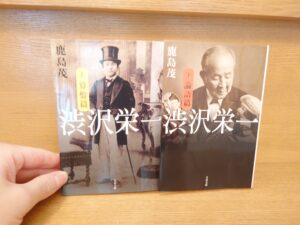
前の記事はこちら

関連記事
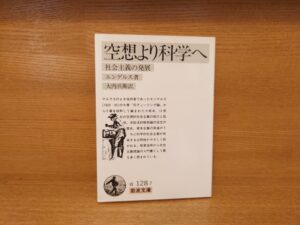
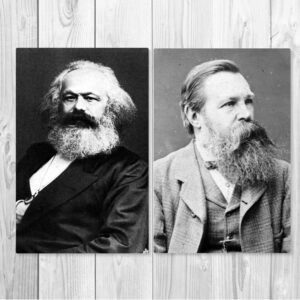
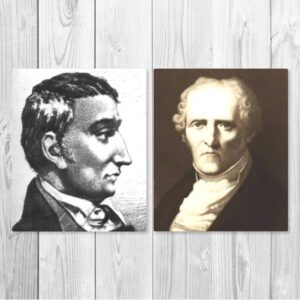

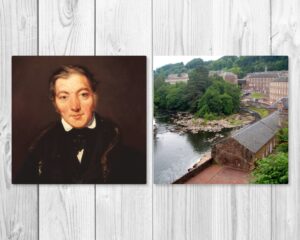
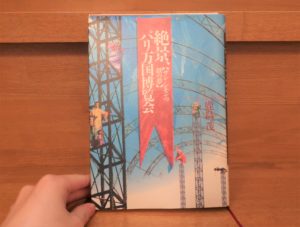

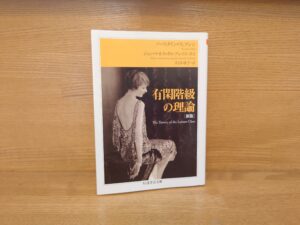

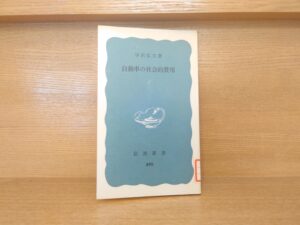
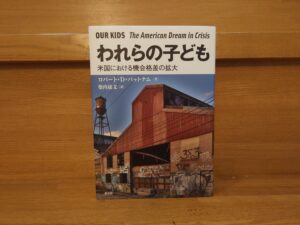
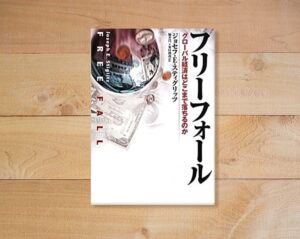
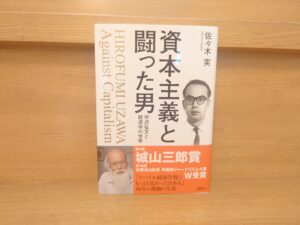
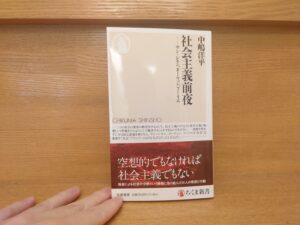
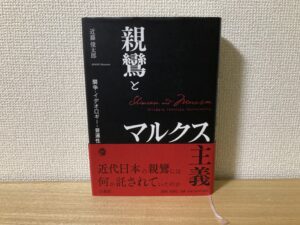
コメント